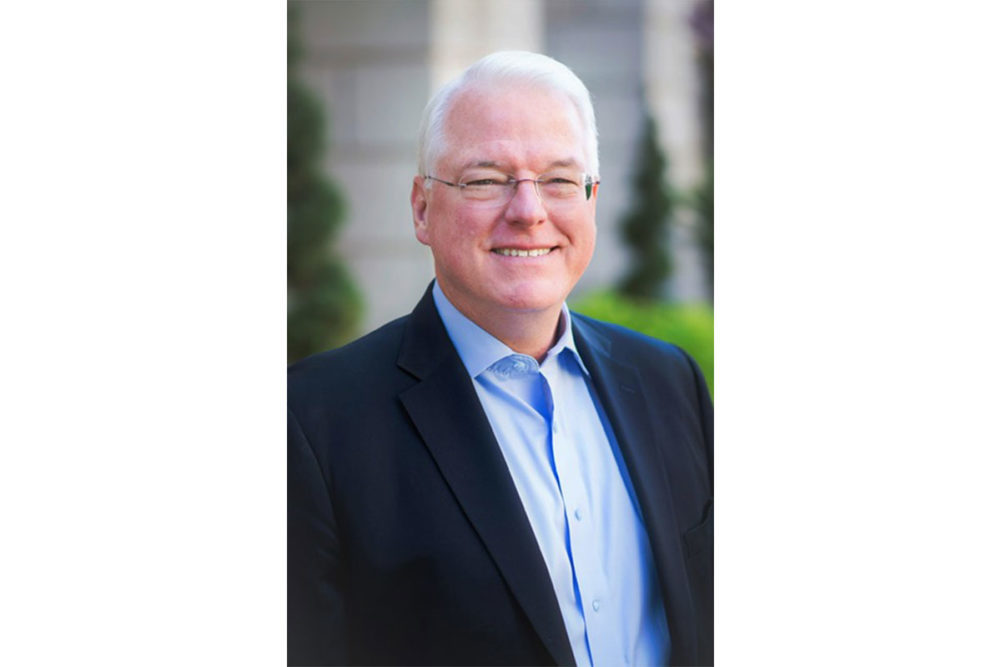MANHATTAN, KAN. — Robb MacKie, former president and chief executive officer of the American Bakers Association, will serve as a consultant to Kansas State University’s proposed Global Center for Grain and Food Innovation.
He will be an industry liaison, focusing on engagement with the baking, milling, feed and pet food industries to develop support and fundraising for the proposed center.
Mr. MacKie has three decades of grain-based food leadership, including as past chairperson of the KSU Department of Grain Science and Industry advisory committee. Mr. MacKie joined the ABA in 1995 as vice president of government relations. Over the next 11 years he worked to increase the organization’s profile and effectiveness in Washington policy circles as an advocate and spokesperson for the ABA. He also worked as a liaison with the ABA’s Human Resources, Safety, Fleet and Distribution, Legal and Executive Leadership Development Committees. He was president and CEO from 2006 until 2022.
“His enthusiasm for the College of Agriculture is infectious and his insight and understanding of the grains industry will help us realize the vision for the Global Center for Grain and Food Innovation — to feed the world and transform K-State into the premier next-generation land grant university,” said Ernie Minton, dean for the KSU College of Agriculture and director of KSU Research and Extension.
Mr. MacKie said it is an honor to be a part of the team.
“President Linton and Dean Minton have a bold vision to drive close collaboration between the university and industry stakeholders, enhancing value at all levels of the supply chain,” he said. “I am extremely excited to help see this vision come to life. The level of commitment from the university and the state of Kansas is unprecedented. Now industry needs to step up and support this initiative that addresses the key workforce, research and business challenges it faces.”
The global center would create a new “front door” for the agriculture college and support new ways of working collaboratively across the university. The new structure will provide a combination of specialized teaching and research labs for grain science, bakery science, milling science, feed science and food science along with flexible research labs for interdisciplinary investigation and collaborative meeting spaces.
